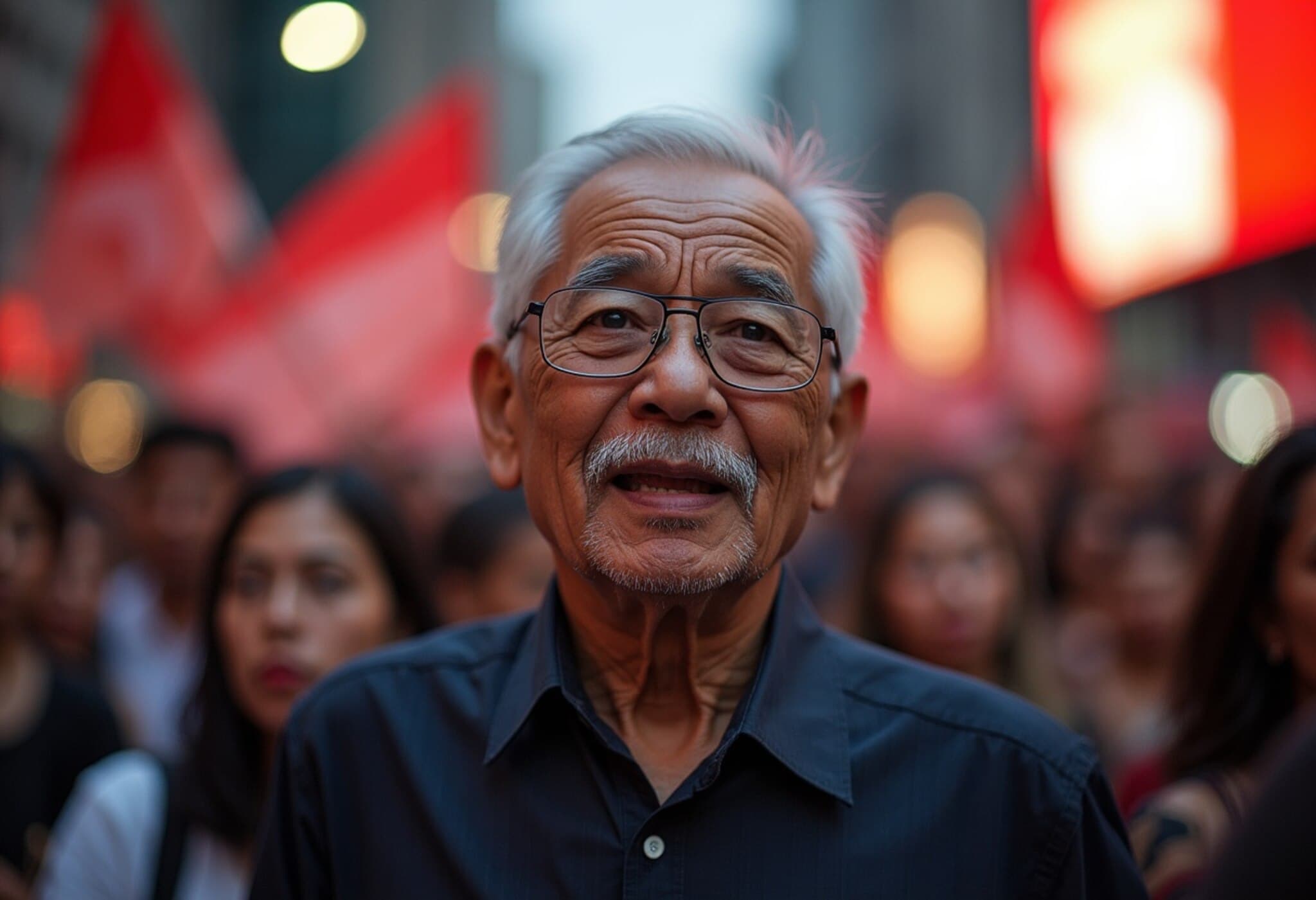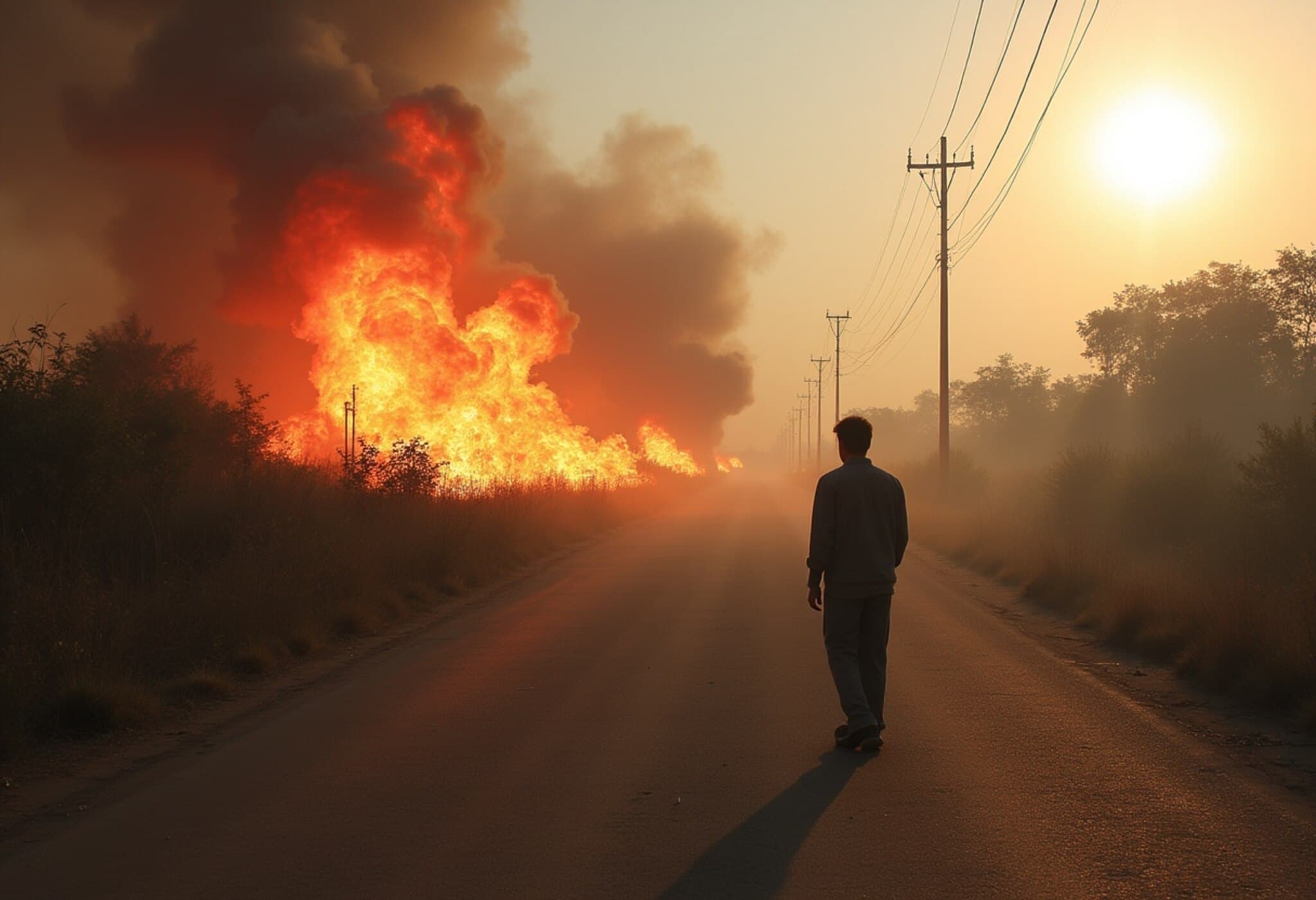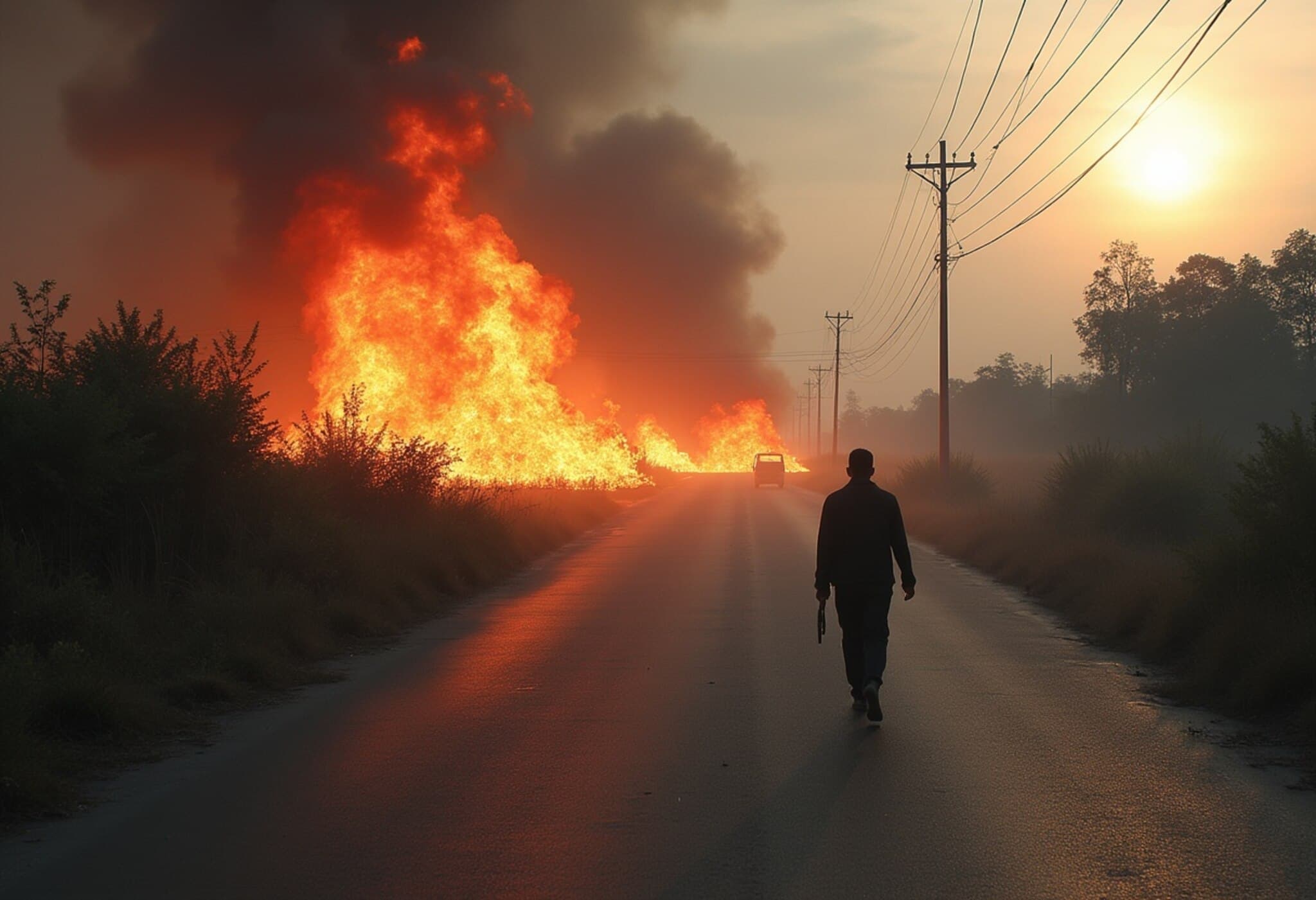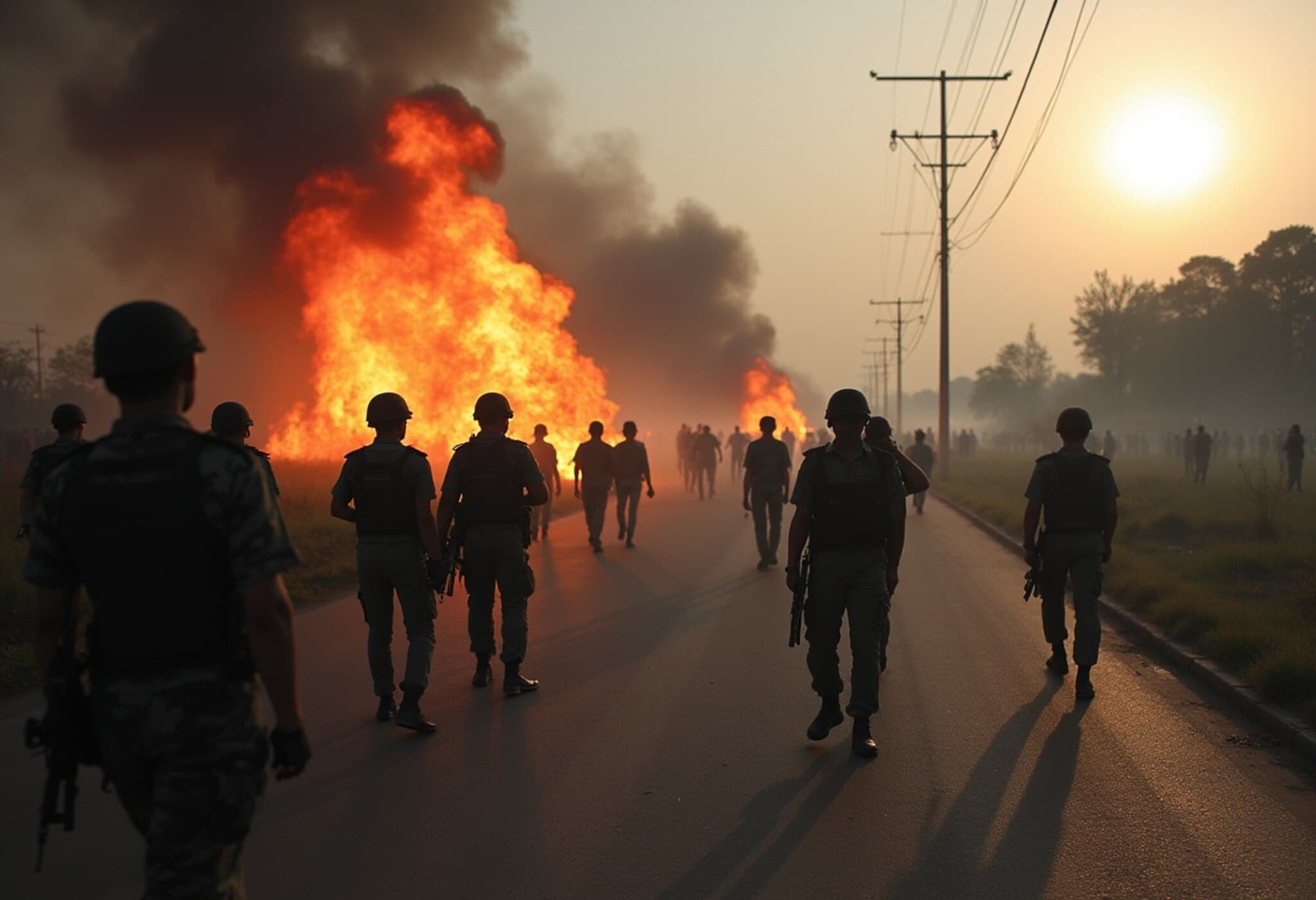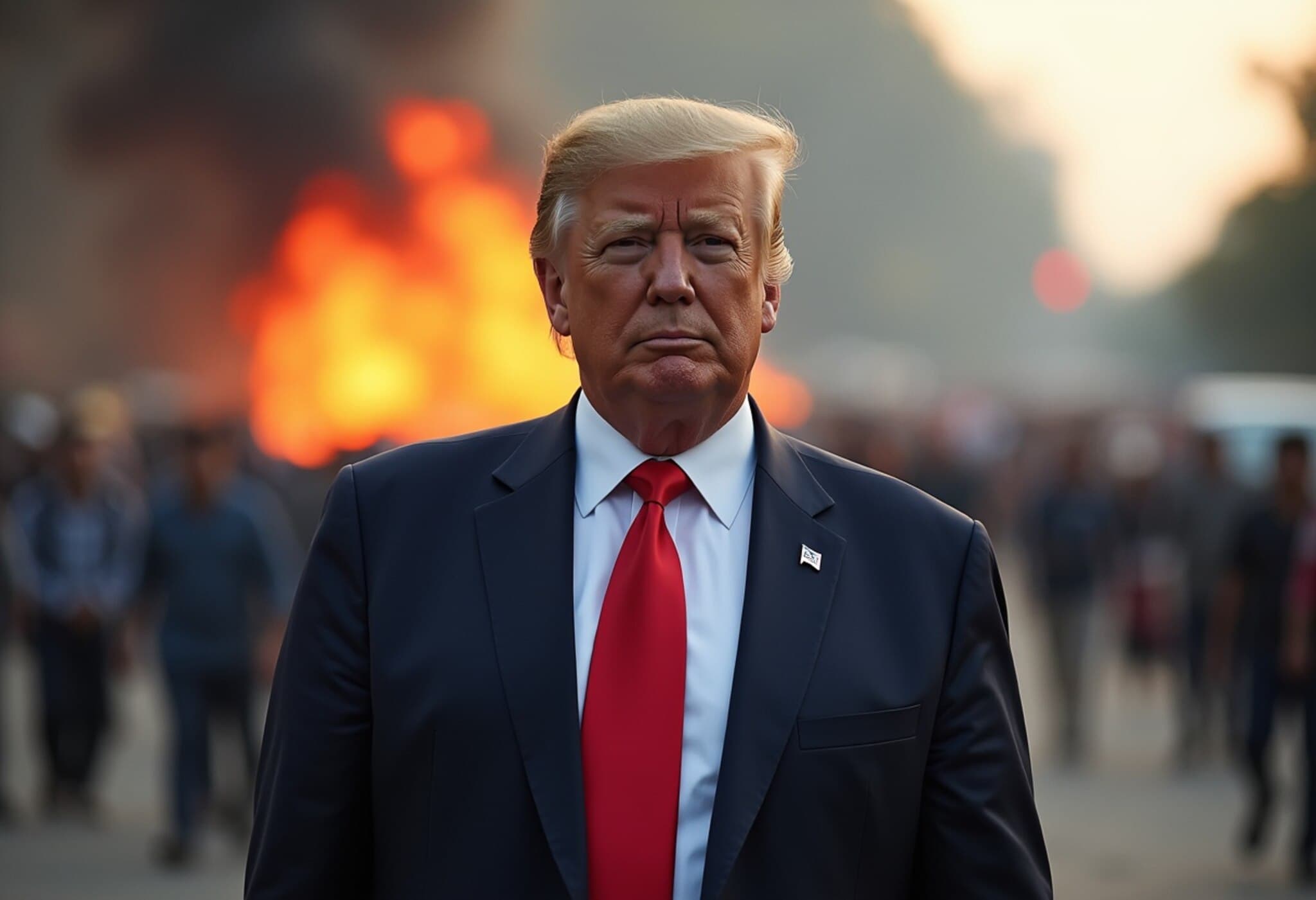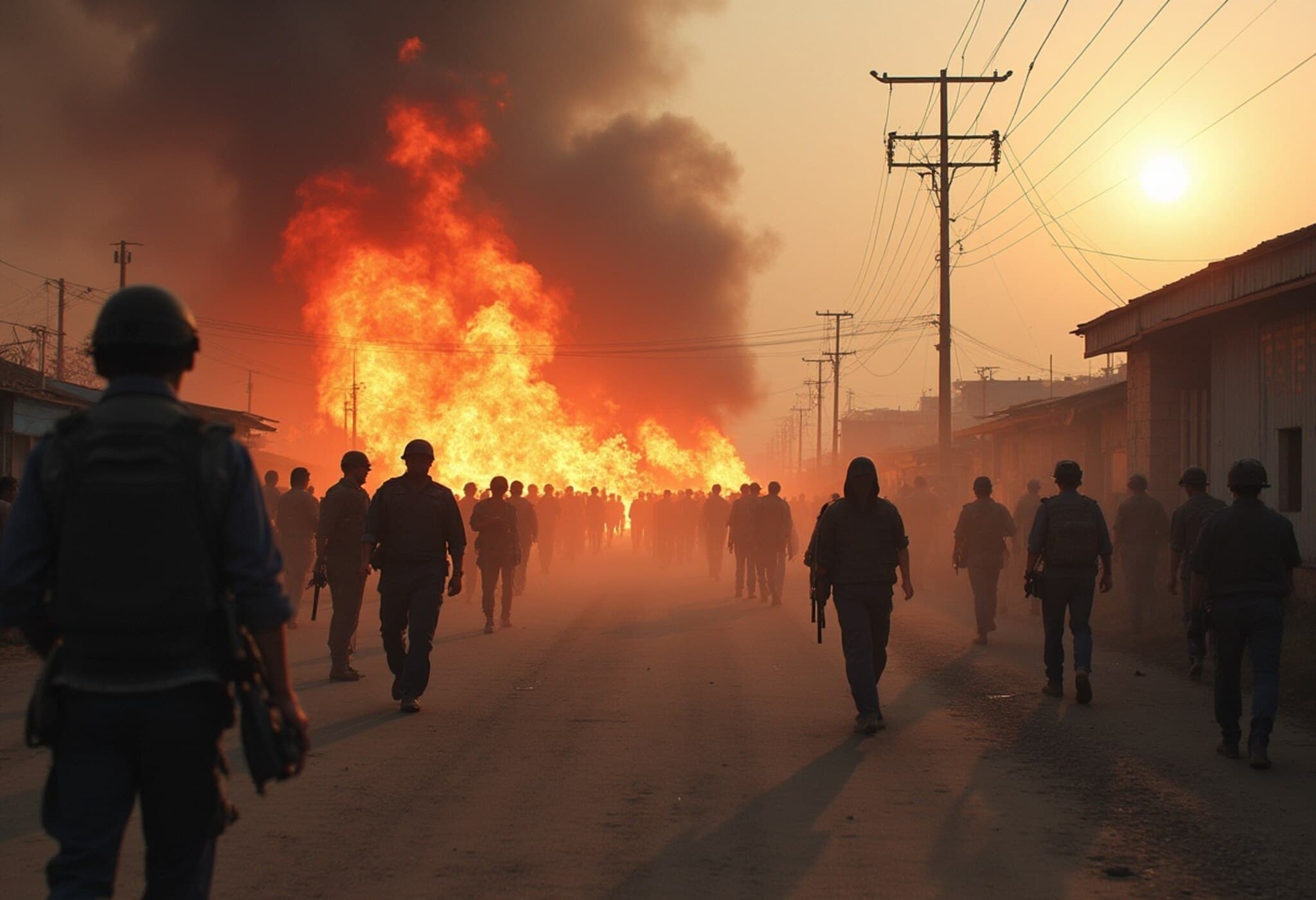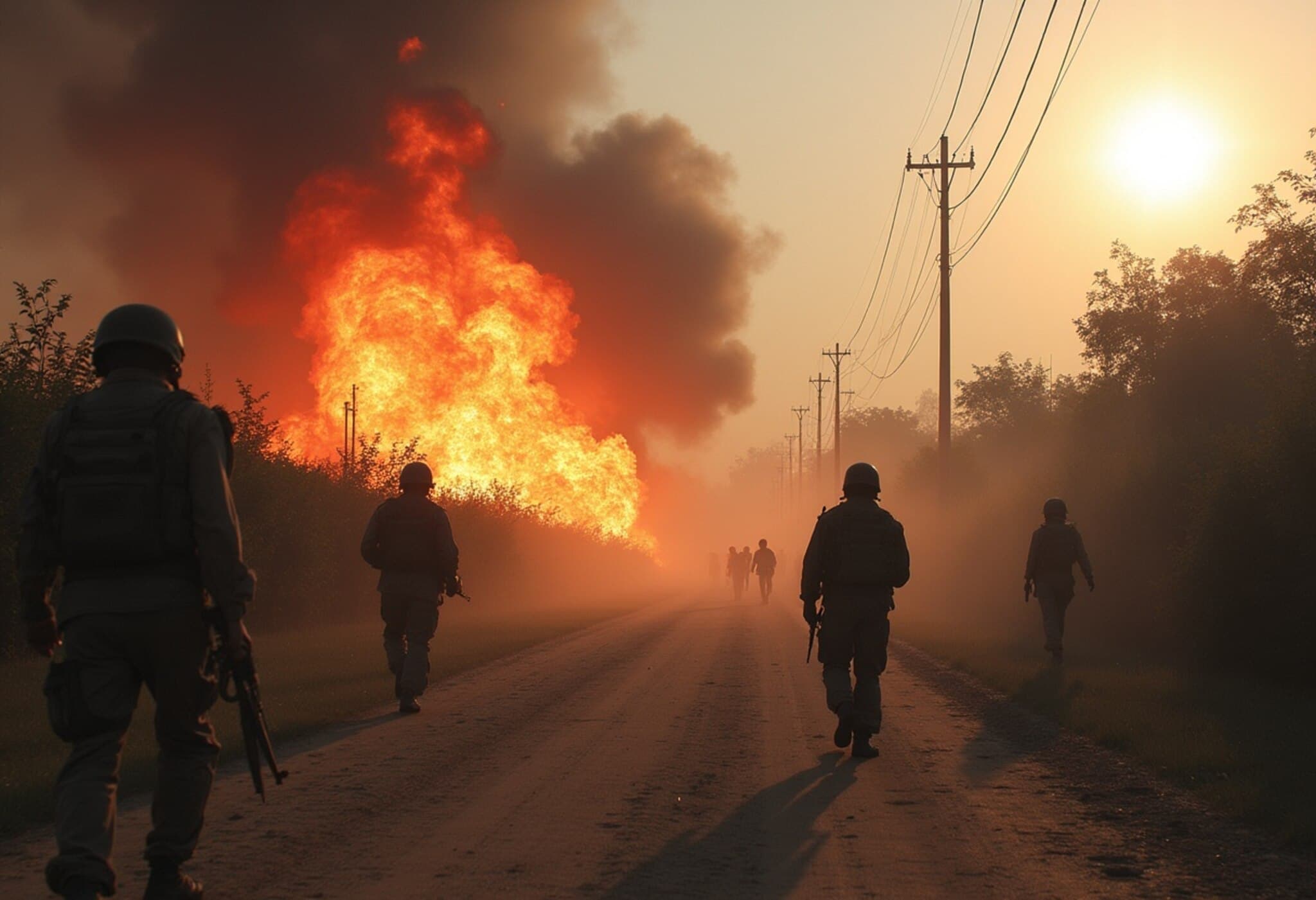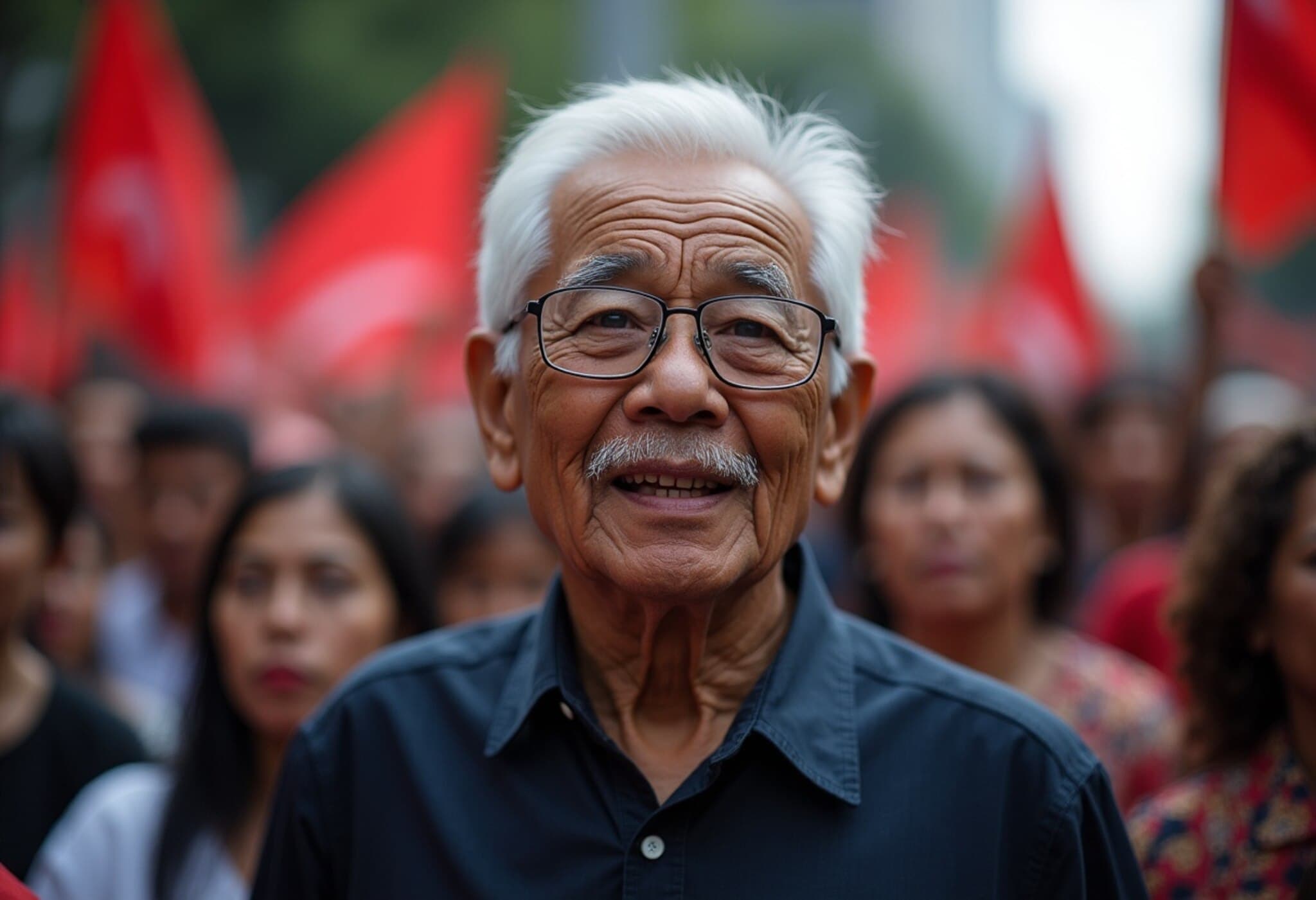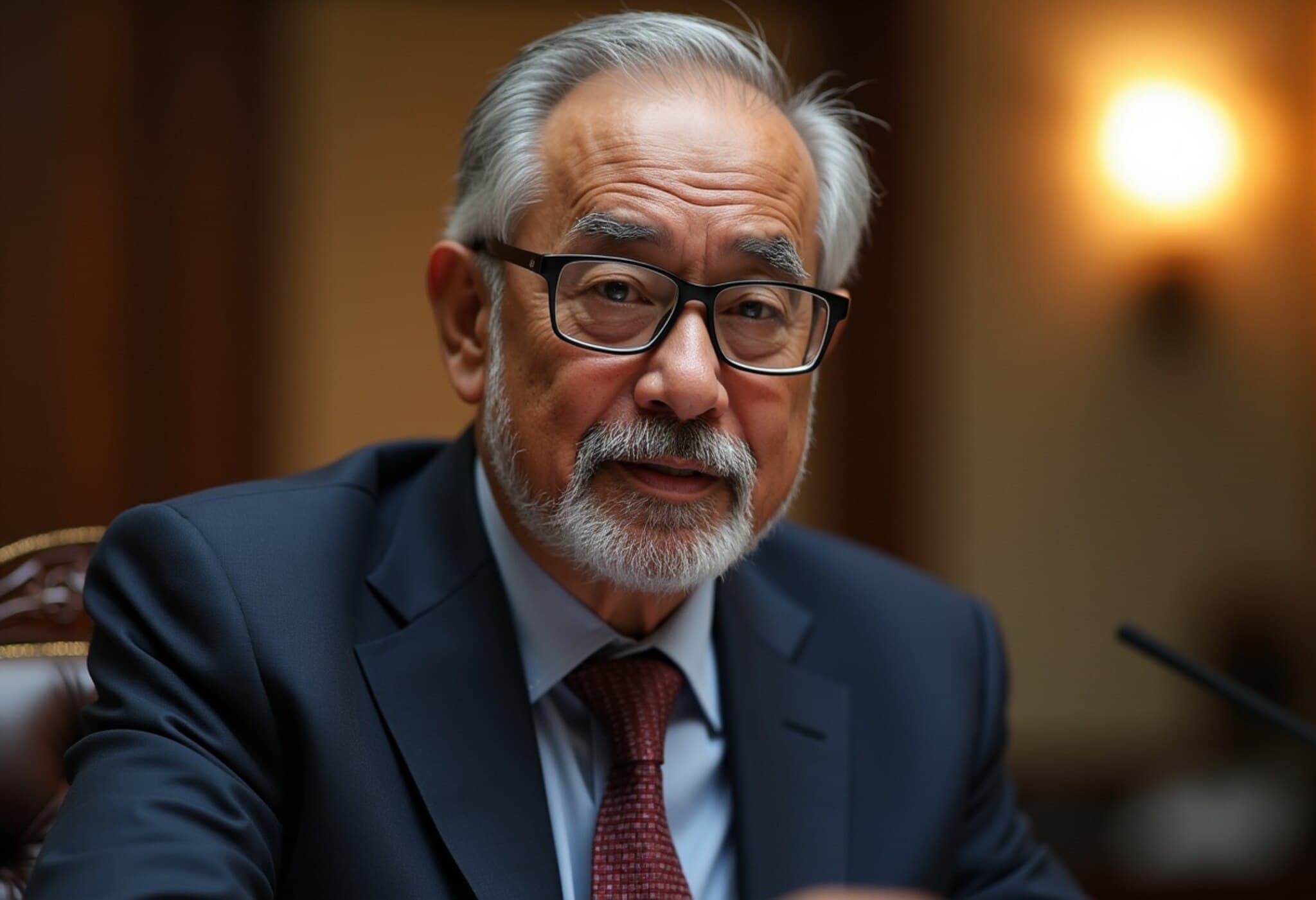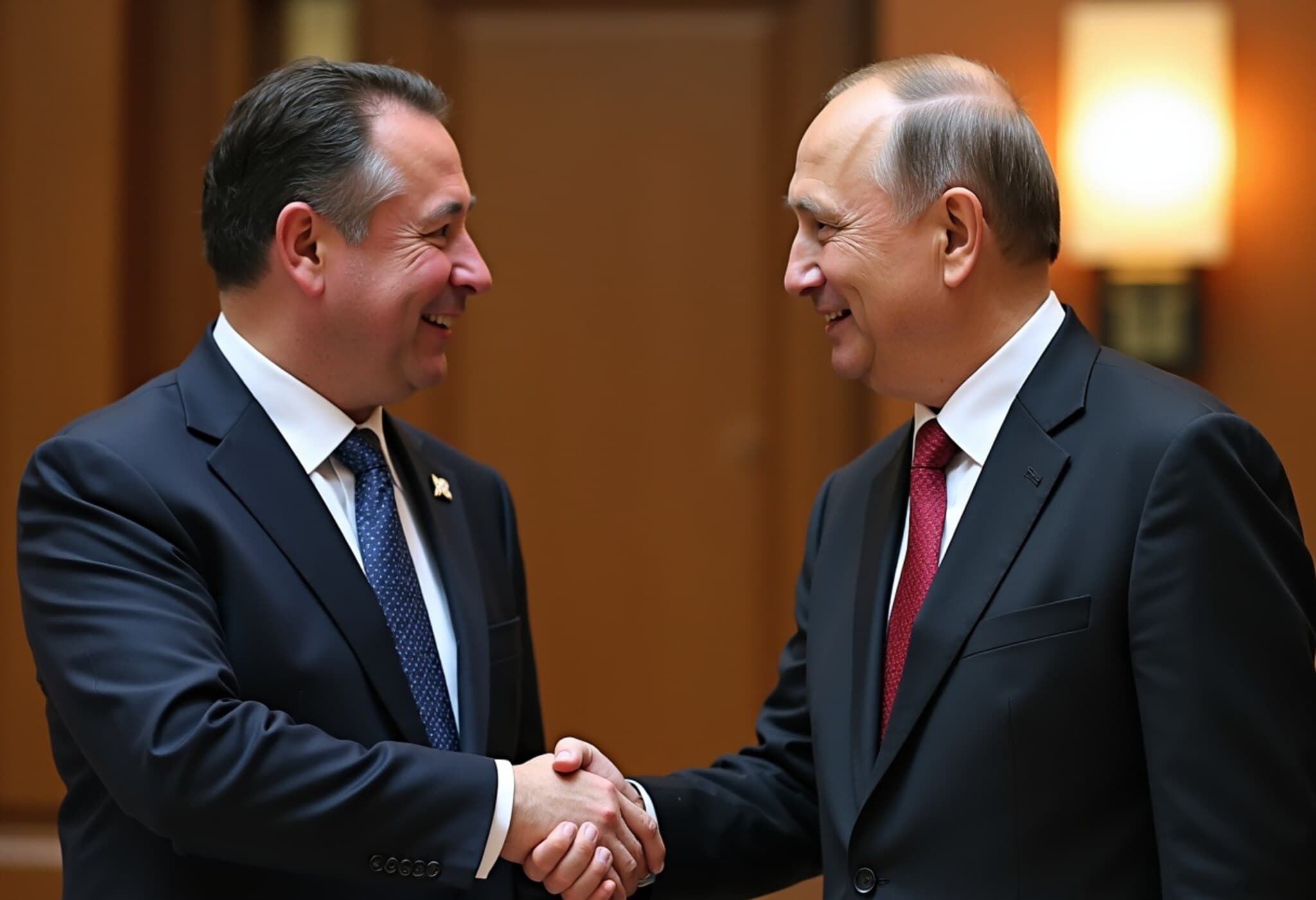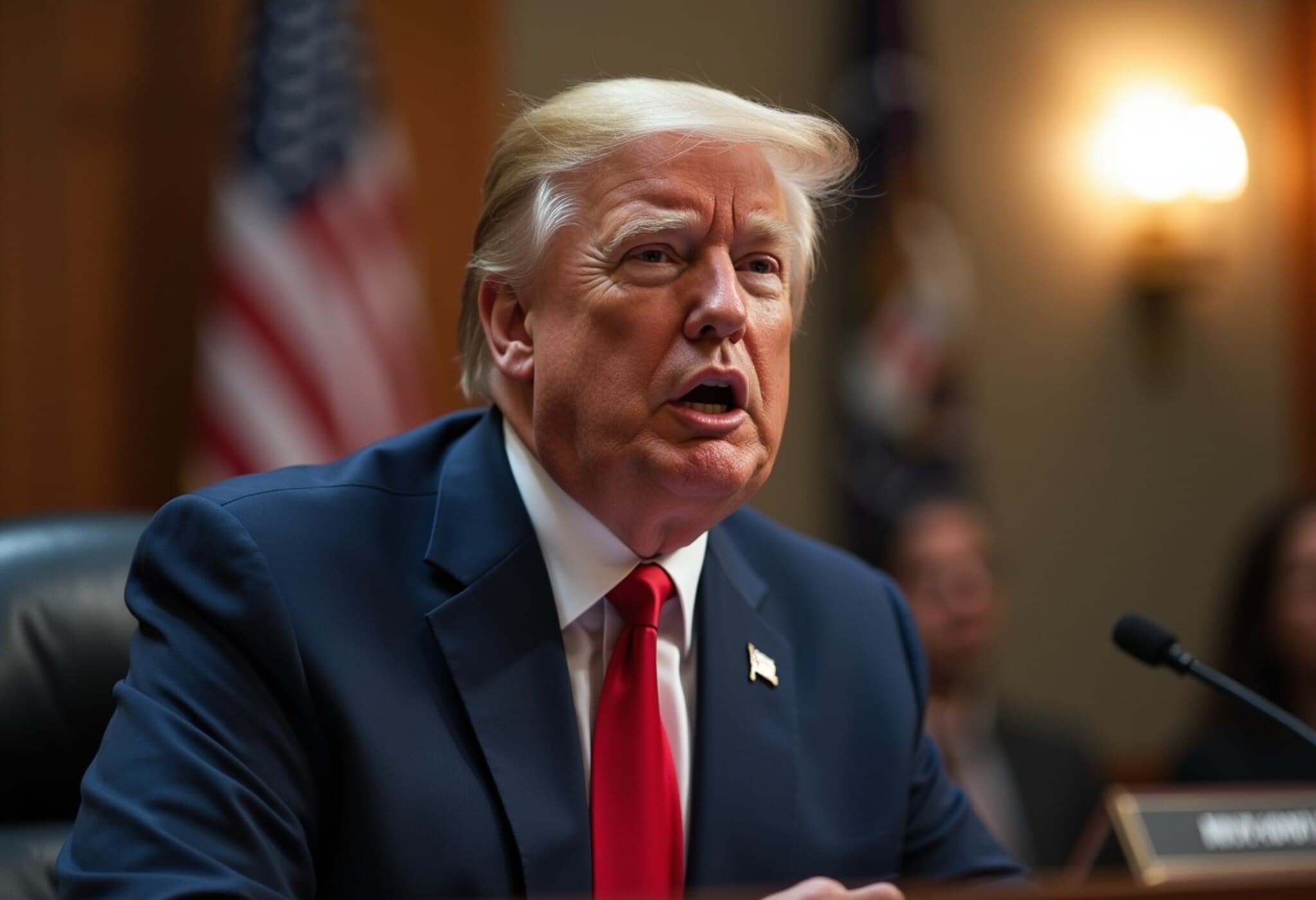Massive Protests Erupt in Kuala Lumpur Calling for PM Anwar’s Resignation
On Saturday, the streets of Kuala Lumpur thrummed with the voices of thousands demanding the resignation of Malaysia’s Prime Minister, Anwar Ibrahim. The massive turnout, estimated at around 18,000 by police, marked a crescendo of public frustration over escalating living costs and perceived failures to deliver on reform promises made when Anwar took office in November 2022.
Economic Struggles Spark Widespread Discontent
Protestors, predominantly clad in black t-shirts and bandannas emblazoned with the phrase “Turun Anwar” (meaning “Step Down Anwar”), marched through Kuala Lumpur’s bustling center before assembling at Independence Square. The demonstrators voiced their deep concerns about recent government policies that have sharpened living expenses, such as the expansion of the sales and services tax and subsidy adjustments.
Nur Shahirah Leman, 23, affiliated with an Islamic student group, voiced a widely shared sentiment among protesters: These taxes are levied on manufacturers, so it would automatically affect the prices of food and essentials for everyday Malaysians.
This anxiety over indirect cost pass-throughs fuels much of the unrest.
Government Response Amid Rising Pressure
Facing mounting public outcry, PM Anwar announced a series of relief measures aimed at softening the blow for lower-income Malaysians. These included one-off cash handouts, increased aid for vulnerable households, and promises to reduce fuel prices. Yet, many activists and opposition figures remain skeptical, arguing that these steps are too little, too late amid a broader climate of economic uncertainty.
Political Turmoil: Corruption and Judicial Integrity in Question
Beyond economic grievances, Anwar’s administration is grappling with serious political challenges. Allegations of judicial interference and wavering anti-corruption enforcement have gained traction after prosecutors dropped graft charges against individuals linked to the government. Further troubling critics was the recent delay in appointing Malaysia’s top judges.
These controversies have opened wounds in the nation’s political landscape. Notably, former Prime Minister Mahathir Mohamad, who recently celebrated his 100th birthday, threw his weight behind the protests. During the rally, Mahathir accused Anwar of weaponizing the justice system against political opponents, claiming Those who are innocent are charged, those who have done wrong are let go.
This explosive indictment highlights the fraught relationship between Malaysia’s two most influential political figures, whose intense rivalry has shaped nearly three decades of Malaysian politics.
A History of Rivalry and Shifting Alliances
Anwar and Mahathir’s dynamic has oscillated between alliance and opposition. Once mentor and protégé, they united in 2018 to end the decades-long dominance of the Barisan Nasional coalition. However, their coalition unraveled within two years amid deep-seated infighting, leaving Malaysia’s political future uncertain.
Looking Ahead: What Does This Mean for Malaysia?
This wave of protests underscores deeper systemic challenges confronting Malaysia—economic vulnerability, demands for transparent governance, and the need to rebuild public trust in institutions. Analysts suggest that unless the government addresses these multidimensional issues head-on, the country may face further instability.
For international observers, particularly in the Southeast Asian region and markets sensitive to political risk, Malaysia’s trajectory remains one to watch closely. The government's ability to balance fiscal reforms with social equity and judicial independence will be critical not just for domestic peace but also for investor confidence.
Editor’s Note
The recent rallies in Kuala Lumpur not only reflect immediate frustration over economic woes but also unveil the latent tensions within Malaysia’s political fabric—showcasing a nation at a crossroads. How can Malaysia reconcile its reform ambitions with public skepticism? What role will the judicial system play in either exacerbating or calming political disputes? These questions merit close attention as Malaysia navigates this pivotal moment.

